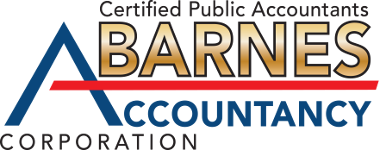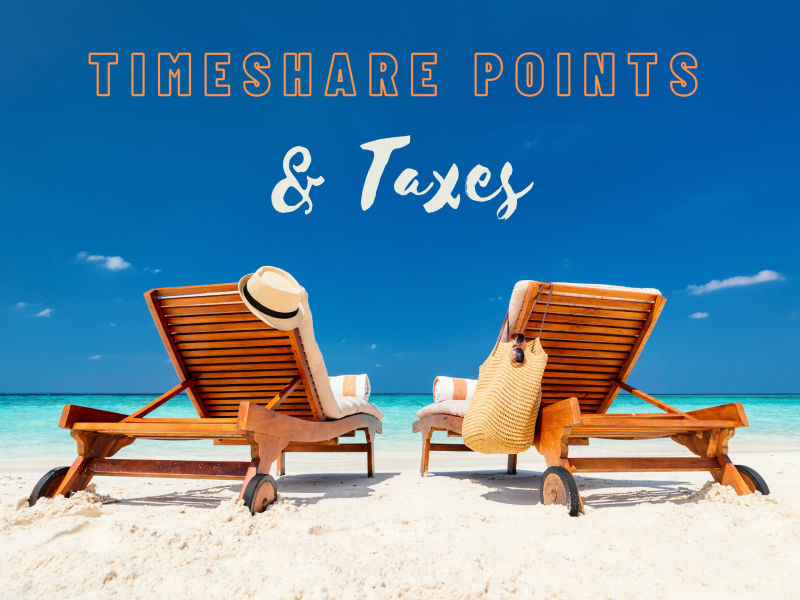Labor day rushes up on me every year. There’s a corporate tax deadline on the 15th of September to keep me busy and focused (not to mention estimated taxes for June 3 through August 31 are also due on the 15th) … but the truth of the matter is that the beginning of fall means that my team and I start to get really focused right about now.
Winter is coming. (And that means tax season.)
We’ve been working all summer analyzing potential tax law changes and preparing for ones already in the books so we can offer the best services to our clients and any Southern California taxpayer.
So, it was nice to have the recent long weekend — and, despite the current place of controversy that unions seem to occupy, it’s good to remember the great contribution they’ve provided to our culture.
The entire concept of a “weekend” (and not just one Sabbath/”day of rest”) was brought to us from organized labor.
And, of course, we have “Labor Day” — the perfect transition into fall. This one started during the time of 7-day workweeks and 12-hour days in the late 1800s as our country was in the throes of the Industrial Revolution. Times have certainly changed since then — and our economy is no longer driven by the manufacturing jobs of the past.
Our economy is now about *knowledge* … and that’s why I take the time each week to inform YOU about the “real world” steps you should be taking with your family’s finances, and how to be prepared for any circumstance.
Including the tax implications of your timeshare points. Yes, even that.
Taxes & Timeshare Points: A Guide for Southern California Timeshare Owners
“After a while, staying alive is a full-time job. No wonder we need a vacation.” – Michael Zadoorian
If you’re like a lot of folks, your vacation went by the boards in a big way last year… and maybe this year, too. If you’re like a lot of people with timeshares, you also book your quality away-time using a points system.
Sure would be nice if a) somebody could use what should’ve been your week on the beach and b) you could still get some money out of the deal.
For your taxes, that’s where it gets stickier than a hot, humid day in Bermuda.
What dreams are made of
We’re going to assume your timeshare resort has gone to a points system.
What are “points”?
Think of them as a kind of currency that you buy to use at the big company resorts like Disney or Hilton. Points give you more options to vacation besides just one week or one spot. Of course, the more desirable the resort or the time of year, the more points you have to surrender to stay there. Kicking back on the beach is a real seller’s market.
Speaking of seller’s market, what happens when you can’t get on your big, planned getaway for an entire year? Well, there’s a whole market (largely online) for selling your points.
At least if you can’t get away, you can make back some of what you plunked down while dreaming of sunny shores and crashing waves.
So, how would converting your timeshare points to cash work – and, just as importantly, how would it affect the taxes you have to pay?
Income is income
Let’s say you put your points on the online resale market (eBay is a commonly used site, but there are a lot more). Let’s also say you’ve accumulated 7,000 Hilton timeshare points. Now, somebody buys those Hilton points on the resale market for three grand.
They get a few days in paradise… you get a fatter bank account. Everybody wins.
But… that also means Uncle Sam wins. Why? Because income is still income, and the IRS wants their cut.
Now, let’s say that instead of hitting eBay, you went through your resort company or another third party who would use your timeshare points to rent the space then send you a big cut of the rental money.
You’ll get a tax Form 1099 from the company with the details of what you made. Guess who else gets that form? The taxman. And, if you don’t report the income on your tax return, the taxman could come after you like an angry cabana guest with a leaky roof.
Can’t I deduct anything?
The most frequent deductions for timeshares themselves are annual maintenance fees, advertising, rental commission, depreciation, property taxes (if you pay them separately from the maintenance fees), and interest expense on your timeshare loan.
That’s for timeshares, not for points.
What if you incurred expenses for selling the points? Resort companies have been known to sock on hefty “administrative fees” (think four figures) for whittling timeshare points down to zero by selling them to other vacationers.
Then there’s all the stuff we’ve heard for years in real estate and taxes about deducting for depreciation and upkeep. Can’t you get a piece of that tax pie?
Probably not as much as you think.
Again, timeshare points usually aren’t the same as timeshares themselves, at least for tax purposes. You might be able to whittle the taxable income of any administrative costs for points sold, as well as lessening taxes on a) dues for belonging to the timeshare organization, b) any pro-rated initial membership fee, and c) other incidental fees for marketing the points. (Some have taken a depreciation deduction on timeshare points – not a recommended course of action.)
Beyond that is what the IRS would call “aggressive” deductions. And nothing makes them take a shovel to your taxes faster.
But “renting” is also a whole new tax road involving extra paperwork (IRS Schedule E, for one). Most timeshare resort companies have rules about commercial use of a property. Some are OK with renting, some aren’t. One even specifically warns against rental activity – read the fine print.
If you’re getting the idea this is a gray tax area, then you would be right. Sometimes taxpayers get to profit in gray areas. More often, though, they get into tax trouble.
Look at it this way: You’re likely making a little back on something you didn’t have time to use. Pay the slight income tax and don’t stick your neck out.
If you want to talk about this (or any other tax-related topics) more in-depth… or you know any Southern California timeshare owners who need some tax advice on renting or selling their points… we’re right here:
714-541-4338
Stay safe out there,
David Barnes

